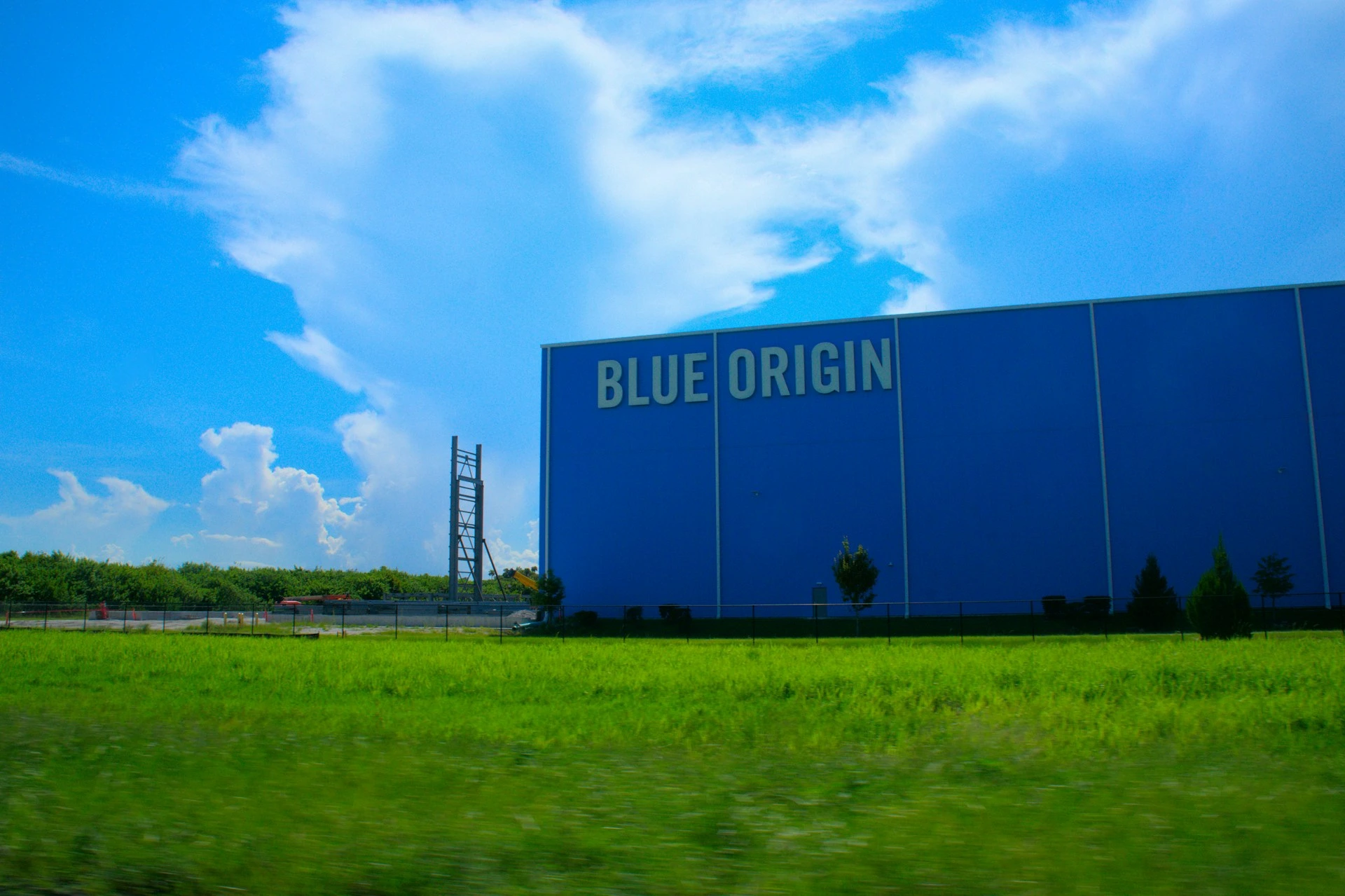
Photo by Ellienore Bradley on Unsplash
Blue Origin Successfully Launches New Shepard Rocket For Lunar Gravity Experiment
Jeff Bezos’ rocket company, Blue Origin, successfully launched its uncrewed New Shepard ship this Tuesday in a first attempt to mimic the moon’s gravity in flight with positive results.
In a Rush? Here are the Quick Facts!
- Blue Origin successfully launched its 29th New Shepard flight reaching lunar gravity for about two minutes.
- The spaceship was launched in Texas this Tuesday, the mission lasted around 10 minutes.
- The New Shepard ship carried 30 payloads from NASA, commercial companies, and research institutes.
According to Space News, the spaceship was launched from Texas at 11 a.m. on February 4th as part of the New Shepard’s 29th mission. The mission had been delayed a week due to technical issues and weather conditions for its initial launch.
The rocket, carrying 30 payloads—mostly scientific experiments from NASA, as well as others from commercial companies and research institutes—reached an altitude of 105 kilometers above sea level. After booster separation, Blue Origin spun the capsule at approximately 11 revolutions per minute to simulate lunar gravity for about two minutes. The complete mission lasted over 10 minutes.
Let’s look at the NS-29 Lunar-G flight from liftoff to landing. 🌕 🚀 pic.twitter.com/KpU4Ep9HtK
— Blue Origin (@blueorigin) February 4, 2025
“New Shepard’s ability to provide a lunar gravity environment is an extremely unique and valuable capability as researchers set their sights on a return to the Moon,” said Phil Joyce, senior vice president for New Shepard at Blue Origin, in an official announcement. “This enables researchers to test lunar technologies at a fraction of the cost, rapidly iterate, and test again in a significantly compressed timeframe.”
The capsule landed safely with two parachutes—it was designed to land with three but one of the parachutes didn’t inflate—as it happened with previous missions.
A few days ago, SpaceX’s Starship rocket broke apart and burned up during ascent on its seventh test flight, generating debris and forcing airlines to adjust their routes. SpaceX’s fifth mission was more successful as the space company managed to safely catch the booster for the first time.


 Previous Story
Previous Story

 Latest articles
Latest articles 

Leave a Comment
Cancel